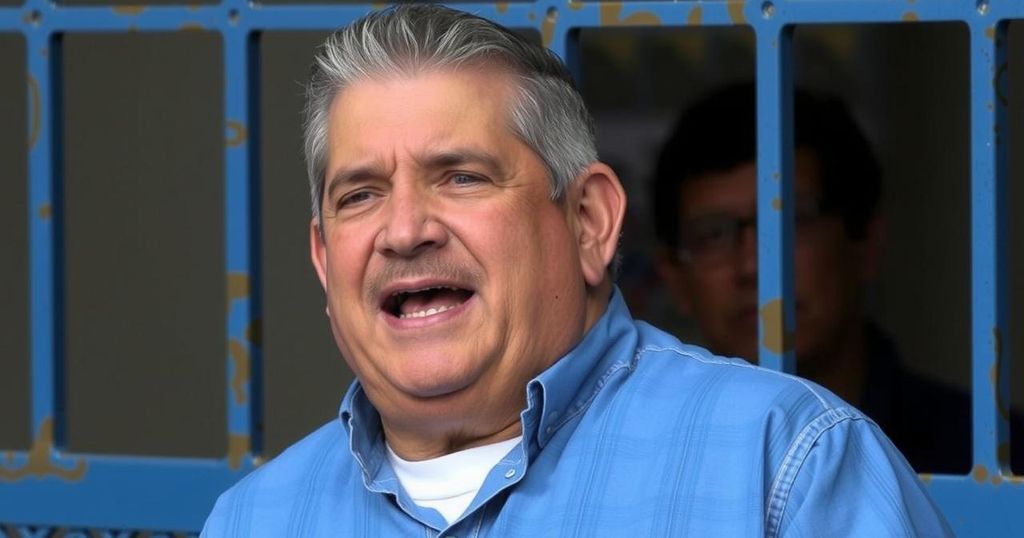Venezuela has released 103 prisoners following the contested July elections, which opposition forces claim were fraudulent. Despite easing some detention measures, the government continues to pressure dissenters and fails to provide evidence validating Maduro’s victory amid escalating tensions and violence. The opposition, represented by leaders like Edmundo Gonzalez, faces ongoing repression as calls for transparency grow louder.
The government of Venezuela, led by President Nicolas Maduro, has recently initiated the release of 103 individuals incarcerated following the highly contentious elections held in July. Despite calls for transparency from the opposition regarding the results of the elections, which were marred by allegations of fraud, the Maduro administration continues to assert the legitimacy of its victory. The citizen security service remarks that the release, executed during a three-day period, was instructed by Maduro as part of a review of cases related to election-related violence.
The announcement coincides with the ongoing tensions between the Venezuelan government and opposition factions. While Maduro’s government declares its readiness to release certain detainees, it simultaneously disregards the opposition’s demand for comprehensive electoral data to verify the election results. The aftermath of the July 28 election witnessed widespread protests, leading to confrontations between security forces and demonstrators, resulting in casualties and arrests. Opposition figures have since faced increasing oppression, with reports of arrests and harassments persisting.
Critically, opposition leader Edmundo Gonzalez, who fled to Spain after facing threats, has highlighted the oppressive environment under which he departed Venezuela. Meanwhile, other opposition members seeking refuge in Argentina’s embassy in Caracas have reported harassment from the Maduro government. The Argentinian Foreign Minister has condemned these actions as unacceptable, emphasizing the obligation to respect the inviolability of diplomatic missions under international law, while calling for the protection of asylum seekers from ongoing governmental disruptions.
Despite Maduro’s gestures to release certain prisoners, many remain critical of the government’s handling of the elections and the subsequent crackdown on dissent, which is perceived as an effort to consolidate power amidst a backdrop of national strife.
The situation in Venezuela follows a controversial election in which President Nicolas Maduro was declared the winner amidst numerous accusations of electoral fraud and suppression of dissent. The political climate has been described as increasingly hostile toward opposition members, many of whom have faced harassment and detention. The international community has expressed concern over these developments, particularly regarding the treatment of asylum seekers and the integrity of Venezuelan electoral processes. The ongoing political and social turmoil has led to calls for greater transparency and justice, particularly from regional allies and human rights advocates.
In conclusion, while the Venezuelan government has released a number of individuals detained post-election, the broader context of political oppression remains troubling. The refusal to disclose electoral data, continued harassment of asylum seekers, and the violent suppression of dissent underscore the precarious situation in Venezuela. As international scrutiny intensifies, the need for a genuine democratic process and respect for human rights becomes increasingly critical.
Original Source: www.aljazeera.com







